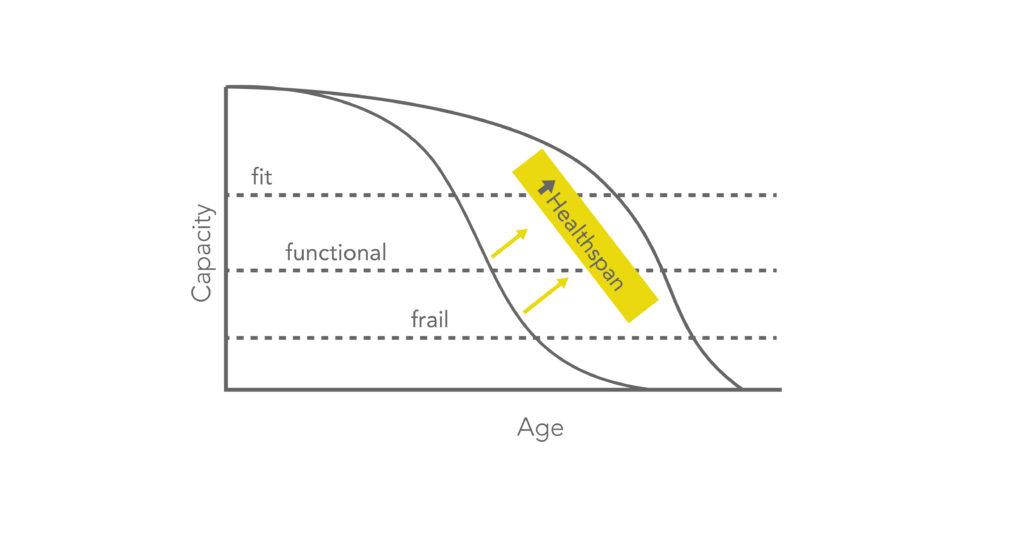
The Study of Happiness
Photo by Javier Allegue Barros on Unsplash
Written by LaMar Sheppard, DC, CSCS, QME
The Harvard Study of Adult Development is one of the longest-running studies in history. Starting in 1938, this study intended to reveal the factors that contribute to a fulfilling and healthy life during adulthood. Researchers began with 268 sophomores from Harvard College during the Great Depression.
The key findings underscored the importance of close relationships in fostering happiness and well-being throughout life. Specifically, the study argued for the quality of relationships as a critical factor shaping both physical and mental health outcomes in midlife. The participants who enjoyed fulfilling relationships experienced fewer health problems and, on average, lived longer than their counterparts that lacked secure connections.
Most interesting, the Harvard Study of Adult Development found that adaptability and coping mechanisms are important in dealing with transitional periods. The participants who demonstrated adaptability in coping with life challenges enjoyed better long-term health outcomes and increased overall satisfaction. In contrast, those who responded to transitional periods with avoidance or substance abuse faced more significant health problems during elderhood.
While a lifespan is granted, I believe that fostering happiness and well-being throughout life is the essence of our healthspan. The Harvard Study of Adult Development provides valuable insights regarding the factors that contribute to enhancing our healthspan. The study emphasizes the crucial role of secure connections and highlights the importance of coping with transitional periods through adaptability. Diagnostic testing, lifestyle modifications, and strength training enhance physical resilience & adaptability to traverse our healthspan while maintaining secure connections.









